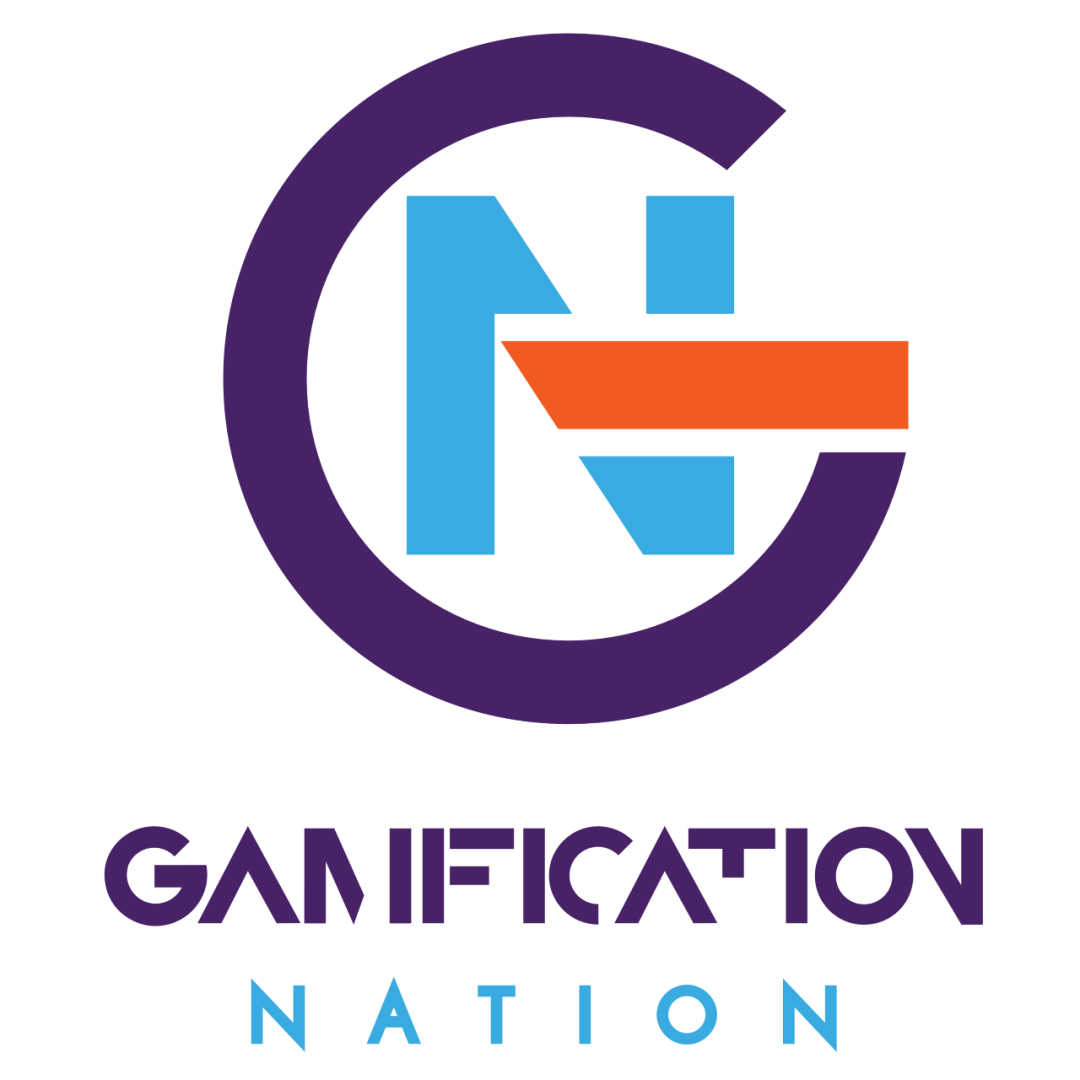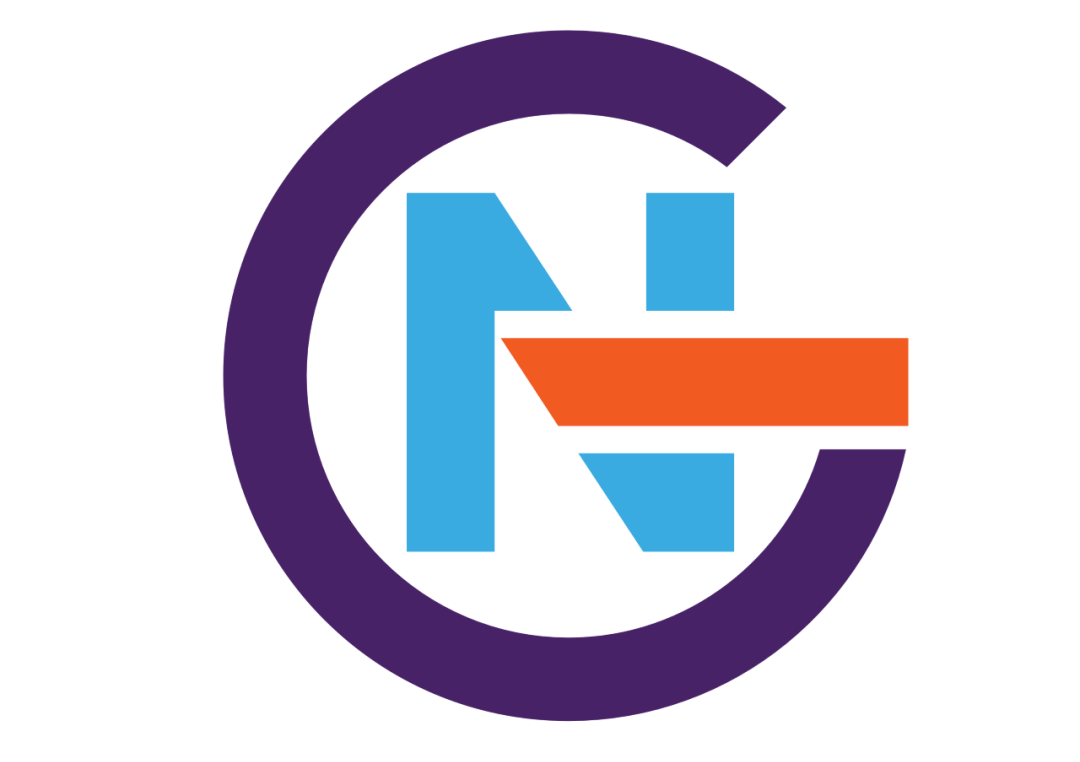Is employee motivation pay-driven?
You could make an argument either way – there’s no doubt that getting paid does feature high up on any list you ask someone from HR! Salaries and bonuses may be a deciding factor for some employees. When your salary covers the necessities of life such as food and shelter and can comfortably accommodate one’s lifestyle goals, then financial rewards become secondary to deeper-rooted values.
Science says that motivation can come from the outside in, but only if it’s used sparingly and with discretion. Behavioural scientists agree for some time now – rewards like bonuses become insignificant once a certain minimum level has been reached. (Peters & Waterman 1991). Their work was built on the well-known hierarchy of needs by Dr. Abraham Maslow, amongst others of course.
The person’s ability to pursue higher-level goals depends on the basic needs of food and shelter being met. When these are in place, they will move their motivational focus up a level so that instead of focusing solely on themselves as survivalists might do if left without anything but what’s necessary for bare subsistence– Maslow identified this point where our values shift from self-preservation towards something more abstract: belongingness or love all the way to self-actualisation.

Belonging, autonomy and career paths
In his book “Drive,” Daniel Pink explains that in fact, intrinsic motivators such as autonomy and mastery are much more powerful than traditional carrots-and sticks approaches. It would be quite easy to achieve this world where employees can make their own choices at work—the trick is for businesses themselves to create environments where people feel like they belong by giving them freedom over how things get done. His research shows intrinsic motivators like autonomy, mastery & purpose can be just as powerful when we want something more than financial wealth (or even happiness!).
As a manager in a large corporate, I always asked my new team members how they worked best. Most found this an unusual question and had never been asked before. At the same time, every individual appreciated being asked. The key then for me as their manager was to come to some form of mutual understanding of how close we could work to that request. In most cases, it just required me to be mindful of their preferences and to stick to it. It was very rare that I had to say their way couldn’t be fully implemented. I then made a note in my diary on how to best work with each individual so that I had a note of their preference for my reference. To me, that was the start of the employee gaining autonomy over their work.
On occasion, I had to go against their preferences when their performance was not delivering to a quality standard or deadline. But for the most part, it was appreciated and worked well. It gave employees a sense of ownership and input into how they would like to be managed. As a manager, you can’t assume everyone is going to like your style or works the same way you do.
Are you enabling your team to do their best work?
Being able to do your best work, is what research organisation Gallup uses in their 12-question employee engagement assessment. The factors they observe range from such as having the resources for doing your best work (budget, tools, time, etc), feeling that your contribution matters- employees like being part of something with meaning or significance; having friends at work who care deeply. Employees want to go into a day at work knowing there’s someone in charge who values what they do; feeling valued yourself because your contribution makes a difference within the organisation or community you serve.
I totally believe that most employees and freelancers want to give you their best work. In my experience, only in a few rare instances do we see something else which very often can originate in some other more interpersonal or environmental needs not being met. I also believe that as managers and as companies, we can create an environment where people believe they can do their best work because that is what is expected. Having a culture where goals are shared and progress is visible is a good basis, then each individual needs to know how they are or can be a core contributor to these goals.
Getting the team involved in where your vision is headed and then allowing them the freedom to deliver on the vision and goals within their job role or area of expertise can create a multiplier effect in both productivity and motivation.
Having people in the team that work well together and potentially want to socialise together is a factor that is often overlooked by managers. Creating a space where some play is accepted and where people can have free-flowing chat outside of a work focus should be a given. Given the business, we are in of creating gamified solutions and serious games for business, we would off course say this. But we have also seen it in our remote working environment when we had a quiz tournament or some fun and games to trial even simply our own work to playtest, it creates a buzz. Each time we learn something new about our fellow teammates. This in my view is layering in connections on a human and emotional level that create stronger ties in the long run.
Most employees long for some insight into how you can fit into their long-term career path or whether you can provide them with that next-level stepping stone in their development. It typically is about more than simply providing training, even if for some it really does start there. It is also about giving them the opportunity to learn and practice new skills or develop an area that they haven’t worked on before so their CV will be enhanced by virtue of working on your team.
Motivation is more than money, it is often personal and the best thing to do is to ask your employees directly. Managers have the biggest impact on the career of an individual, whether we like it or not, we shape their future or give them reasons to not see us as part of their future. I think as managers we owe it to our people to give our best and look for ways to identify how we can best support them. When we get that balance right, we both win. To me that is motivational!
With these motivational factors in mind, we have set out to create the next-level employee experience platform, putting employee motivation first and foremost at the heart of the platform. If you believe that the role of a manager is to enable their people to their best work in a fun work culture, then we urge you to check out our early adopters’ program.


